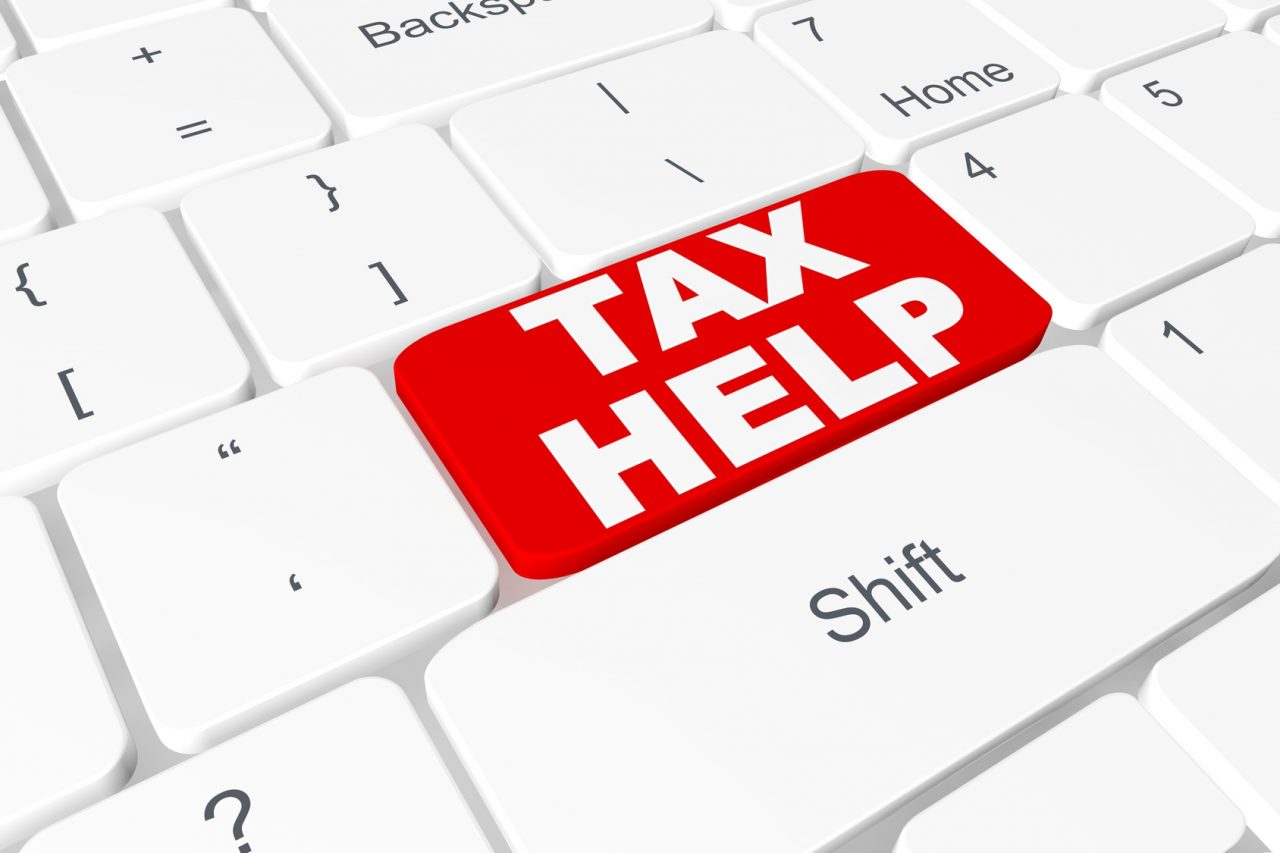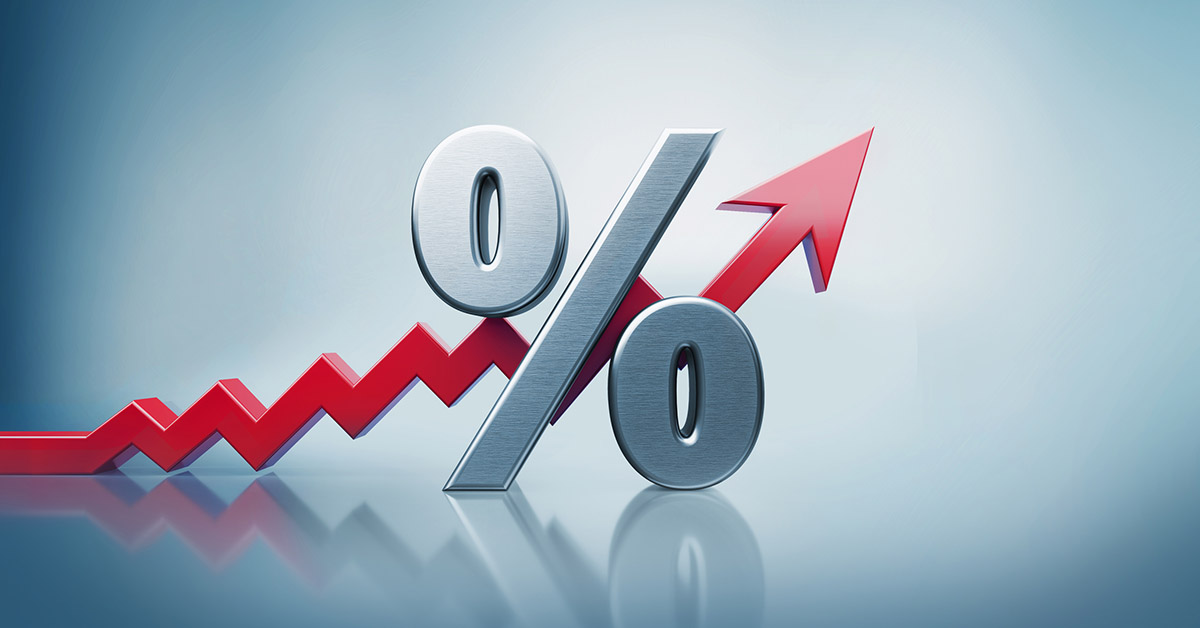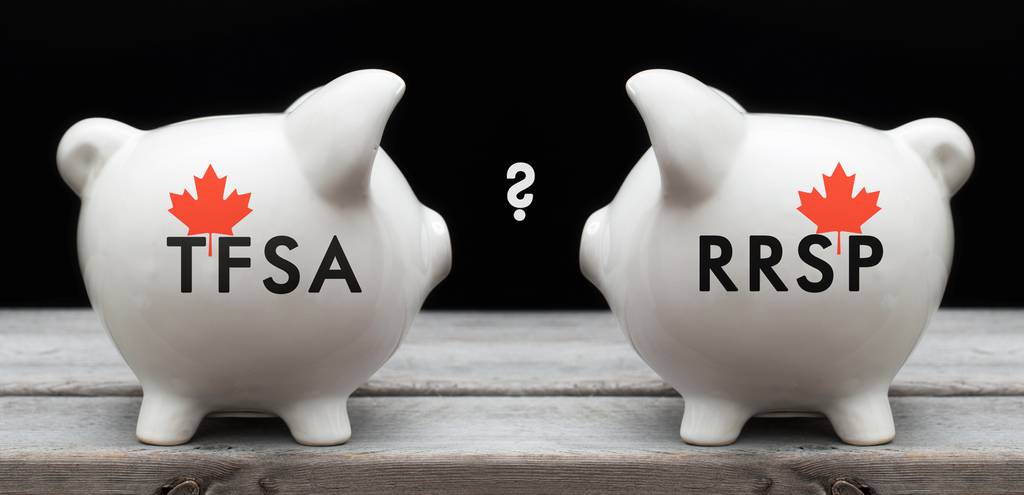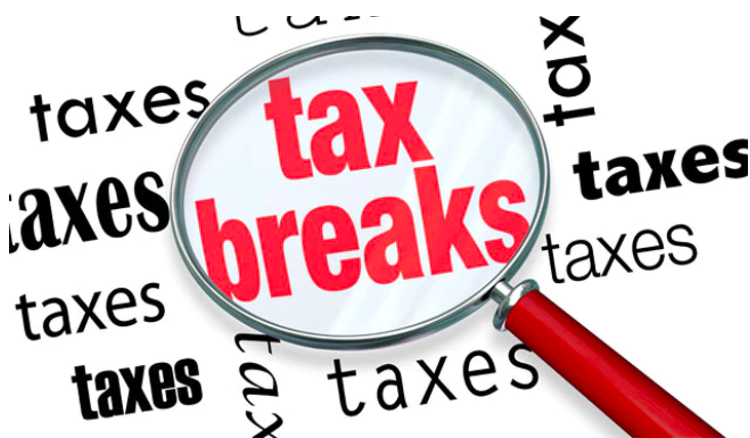As of 2024, there are two contribution levels for the Canada Pension Plan (CPP). Income amounts and employee contribution percentages for 2025 for each contribution level are as follows.
Newsletter Archives - Page 2 of 30 - Akler Browning LLP
Tax credit amounts on which individual non-refundable federal tax credits for 2025 are based, and the actual tax credit claimable, will be as follows:
The indexing factor for federal tax credits and brackets for 2025 is 2.7%. The following federal tax rates and brackets will be in effect for individuals for the 2025 tax year.
Each new tax year brings with it a schedule of tax payment and filing deadlines, as well as some changes with respect to tax saving and planning opportunities. Some of the more significant dates and changes for individual taxpayers for 2025 are listed below.
While almost everyone looks forward to retirement and an end to the day-to-day demands of working life, there’s also no question but that the decision to give up a regular paycheque is a stressful one. Particularly when the cost of life’s necessities – especially food and housing – seem to be continually increasing, individuals wanting to retire have to wonder whether they can actually afford to do so, or whether it would be foolhardy, in the current economic realities, to walk away from a reliable regular paycheque.
It seems incongruous, in the season of holiday gifts and celebrations, to consider the possible tax implications and consequences of those traditions. But, in some circumstances, the unwelcome specter of an income tax bill arising from such activities does intrude.
December 31 , 2024 marks not just the end of the calendar year, but the end of the 2024 tax year for every individual Canadian taxpayer. And while the thoughts of most Canadians during the holiday season are focused on anything but their 2024 income taxes, the reality is that December 31 can be a critical date when it comes to determining how much income tax one will pay for 2024.
On November 21, the federal government announced two new measures intended to relieve some of the financial stress currently being experienced by most Canadian families and households.tax That financial stress arises, in large measure, from the steady increase in the cost of goods and service over the past two years – and, while inflation has decreased significantly over the past several months, price increases for non-discretionary expenditures like food and housing continue to outpace the general rate of inflation.
It has been nearly five years since the start of the pandemic, and the work-from-home arrangements which became a necessity during that time have now become a choice for employers and employees.
For most Canadians, the subject of making RRSP or TFSA contributions, or making RRIF withdrawals, isn’t usually top of mind at year-end. Most Canadians know that the deadline for making contributions to one’s registered retirement savings plan (RRSP) comes 60 days after the end of the calendar year, around the end of February, but relatively few are aware that in some circumstances an RRSP contribution must be (or should be) made by December 31, in order to achieve the best tax result.









